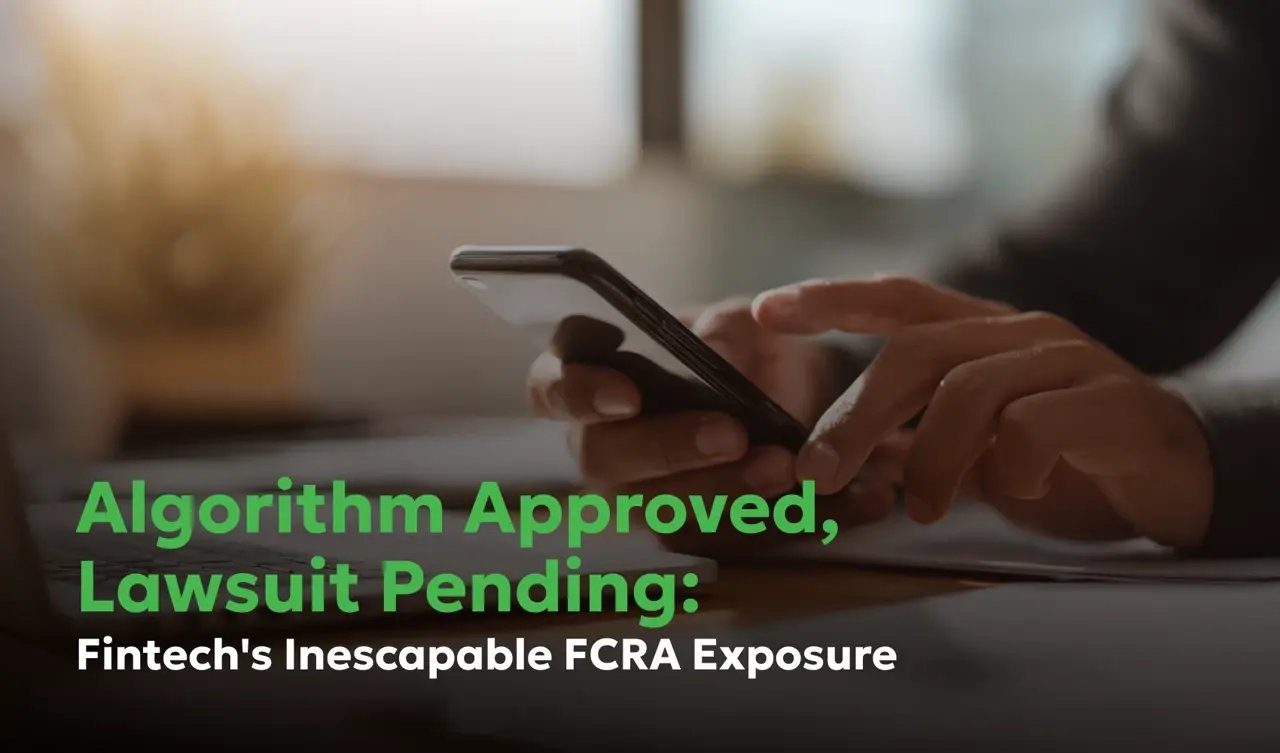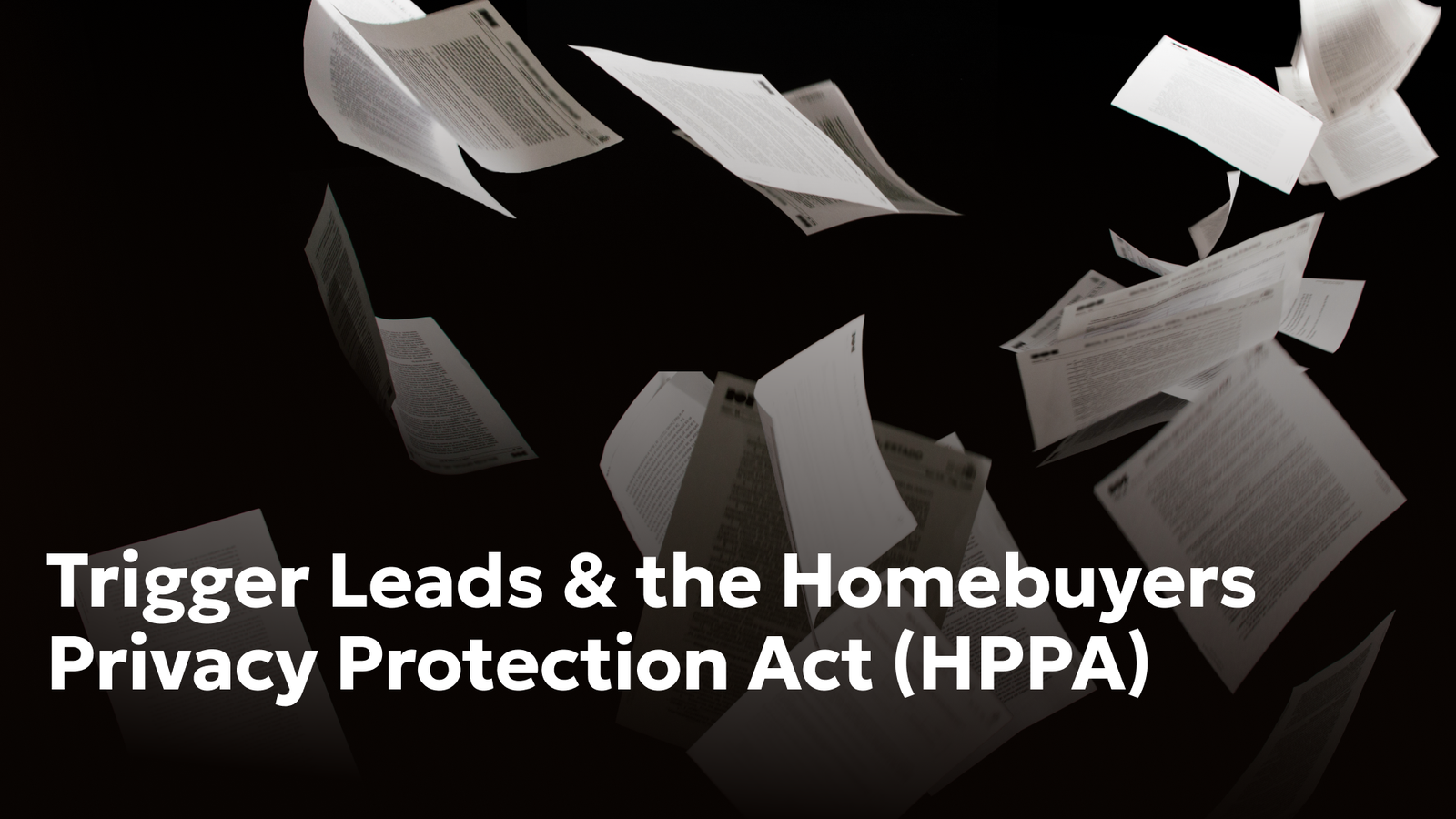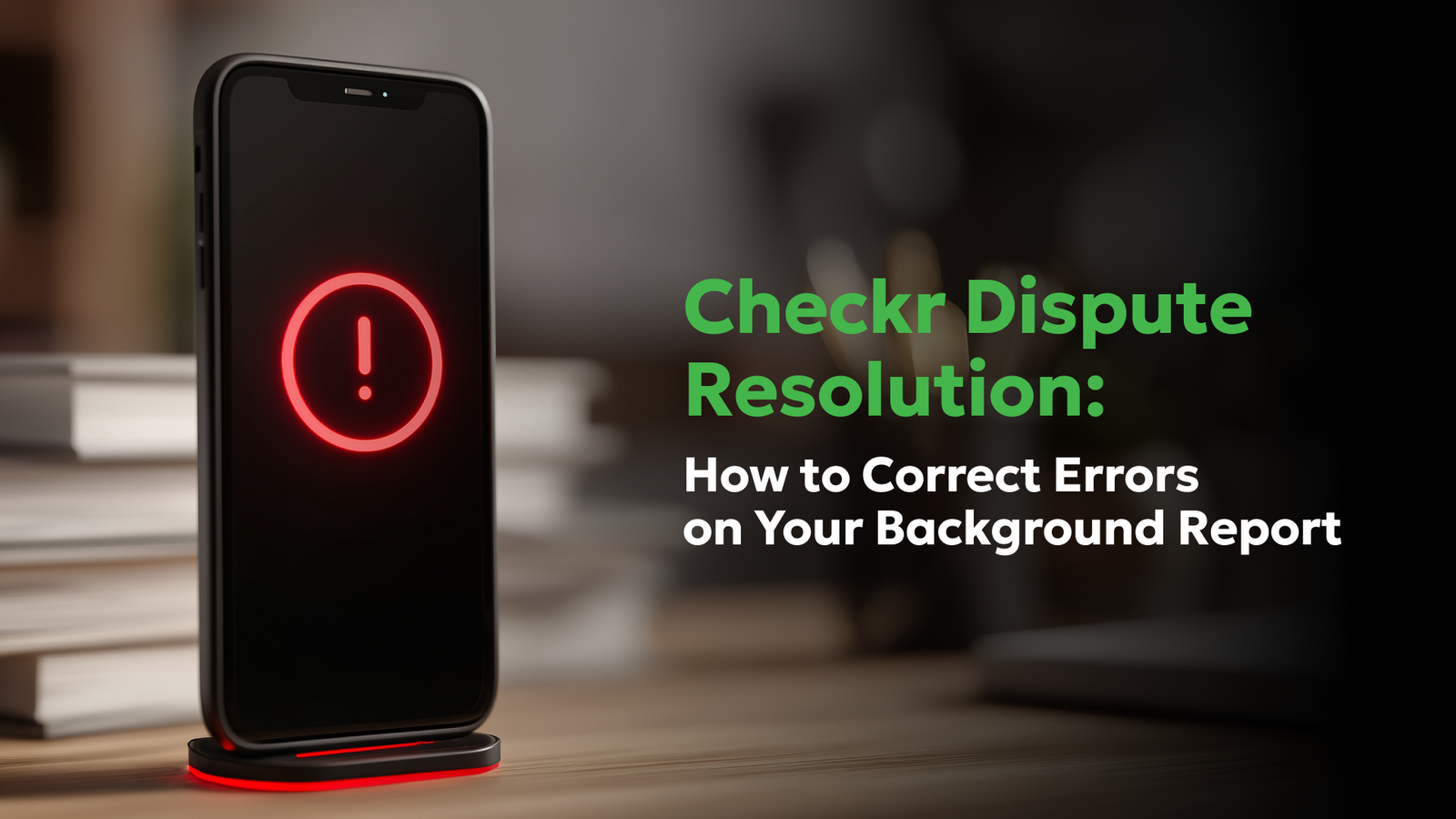Is a 500 credit score good or bad?
- Blog
- All about FCRA
Is a 500 credit score good or bad?

A 500 credit score is a bad score and has negative implications
A credit score of 500 is a bad thing that can lock you out of financial services.
As attorneys for credit reports, the team of lawyers at Consumer Attorneys has seventy-five years of combined experience helping clients repair credit errors. Our advocacy and litigation work with clients has afforded us powerful insight into the consumer data industry and allowed us to develop a nuanced understanding of the impact that credit scores have on your overall financial well-being.
Credit scores are a reflection of your credit health. Just like your credit health, your credit score can either be good or bad. Typically, credit scores range from 300 to 850.
According to the FICO model, a 500 credit score is deemed very poor, as are any credit scores between 300 and 579. According to the VantageScore model, credit scores from 500 to 600 are also regarded as poor.
This means that a credit score of 500 is a bad credit score, regardless of the credit scoring model used to assess one’s credit.
A bad credit score indicates that your creditworthiness is questionable. Therefore, you pose a high risk to lenders.
Effects of a 500 credit score
When you apply for credit products, potential lenders will check your credit score. They use it to determine whether offering you the credit product will be a risky move. This determines whether your application for such a product will be approved, as well as the applicable interest rates and terms.
For a credit score of 500, some lenders might not approve your application for their products. In the event that they choose to do business with you, here are some things that you can expect:
- Extra fees or deposits for credit cards
- High interest rates on loans, auto loans, credit cards, and mortgages
- Security deposits on utility contracts
- Generally unfavorable terms
What can I do to improve my credit?
While a credit score of 500 is quite unimpressive, all hope is not lost. When you really think about it, it could be worse.
Here are some ways to improve your credit:
- Make your payments on time
- Maintain a good credit utilization (30% or less)
- Keep a healthy mix of credit
- Preserve old accounts; the length of your credit history matters
To ensure that you raise your credit score of 500, you need to be vigilant. There are some factors that can cause your credit scores to fall regardless of your efforts. Watch out for mistakes in your credit reports. There has been an unprecedented increase in the number of credit reporting error complaints as a result of the COVID-19 pandemic.
Additionally, you should be mindful of any suspicious activity on your accounts. Trust us when we say that identity theft is occurring at record levels, and its risks are unbearable. So, while you improve your financial habits, also focus on protecting your credit.
Now that you know the implications of a 500 credit score, you can work on improving your credit health. If you find out that credit reporting errors have damaged your score, reach out to us right away. We’ve helped multiple clients with similar stories


Daniel Cohen is the Founder of Consumer Attorneys. Daniel manages the firm’s branding, marketing, client intake and business development efforts. Since 2017, he is a member of the National Association of Consumer Advocates and the National Consumer Law Center. Mr. Cohen is a nationally-recognized practitioner of consumer protection law. He has a we... Read more
Related Articles




R
ONGS™You pay nothing. The law makes them pay.







